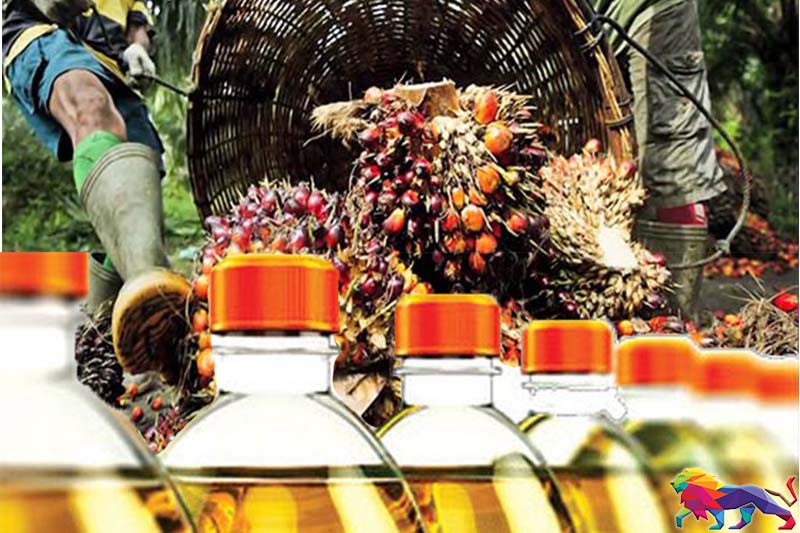The cultivation of palm oil, at the same time, will be completely banned, the Presidential Secretariat said in a statement.
Sri Lankan President Gotabaya Rajapaksa has banned the import of palm oil with immediate effect and ordered local plantation companies to uproot 10 percent of their trees and replace them with rubber trees or other environment-friendly crops, a move that could benefit the domestic coconut oil industry.
The Director-General of Customs has also been to informed of this decision and advised to refrain from clearing oil palm cargos at the Department of Customs, it said.
The Controller General of the Department of Imports and Exports Control has been advising to issue the relevant gazette order to give effect to the order.
The Government Intends to stop the cultivation of Palm oil
About six months ago, the President had instructed to gradually ban the cultivation of palmoil in the country.
Thus, Companies and entities, which have done such cultivations, will be to require to remove them in a phased-out manner with 10 percent uprooting at a time and replacing it with the cultivation of rubber or environment-friendly crops each year to free Sri Lanka from oil palm plantation and palm consumption, it said.
When this is fully operational, the government intends to stop the cultivation of oil. The consumption of palm oil completely, the order added.
Sri Lanka imports nearly 200,000 tonnes of palm oil from Malaysia and Indonesia yearly, according to media reports.
In a reaction, the Consumer Protection Society welcomed the move.
Boost the local coconut oil industry
More people would be incline to enter the coconut oil industry as a result, he said.
According to the Sri Lanka Export Development Board, the country is the fourth-largest exporter of coconut products to the world.
However, Coconut accounts for approximately 12 percent of all agricultural produce in Sri Lanka. The total land area under cultivation covering 409,244 hectares (in 2017). About 2,500-3000 million nuts produced per year (by 2017).

